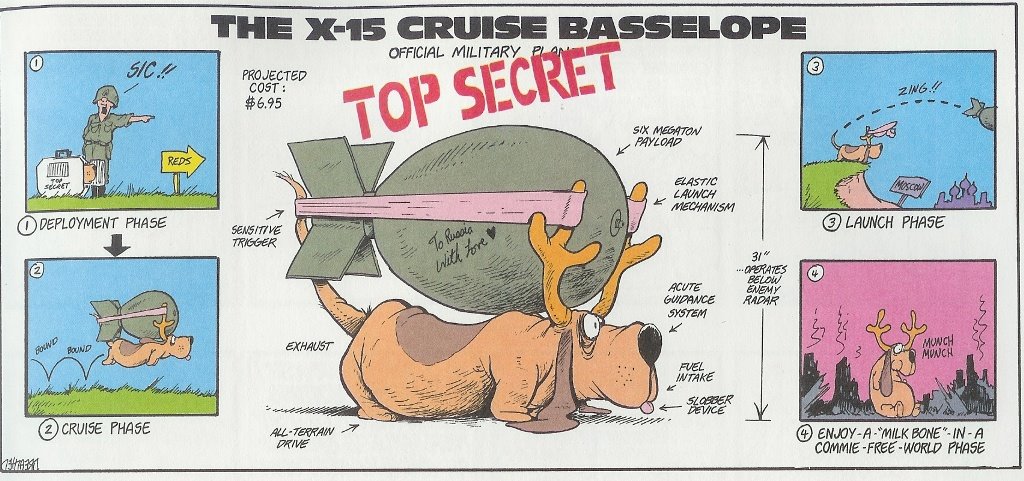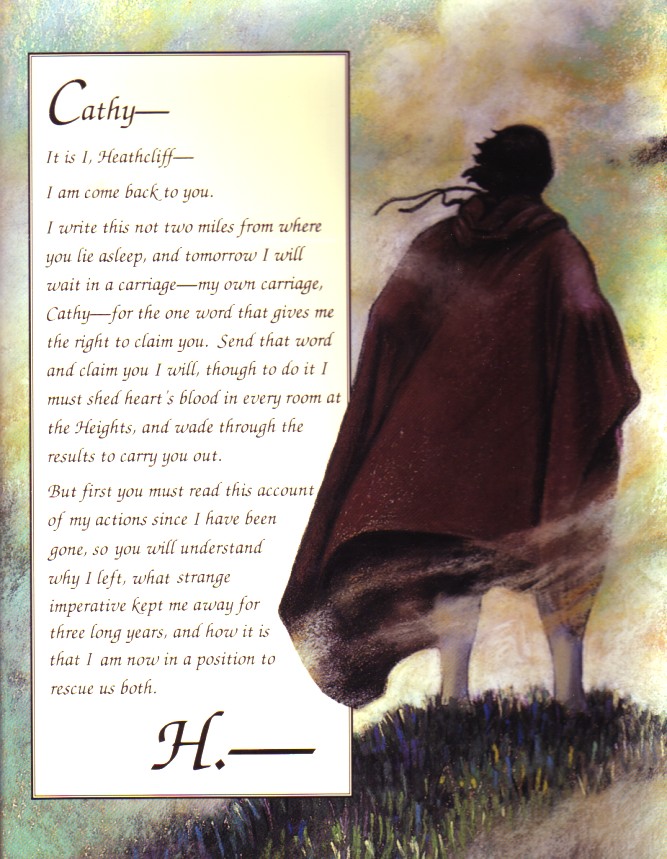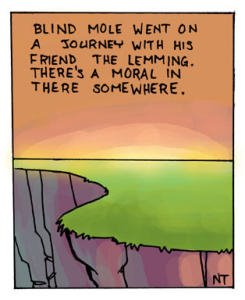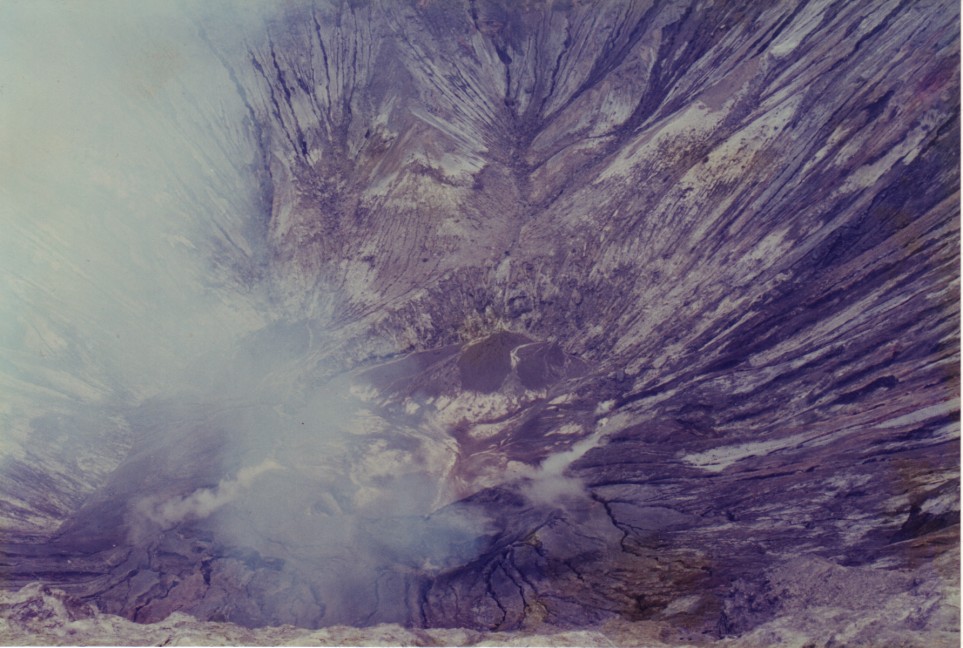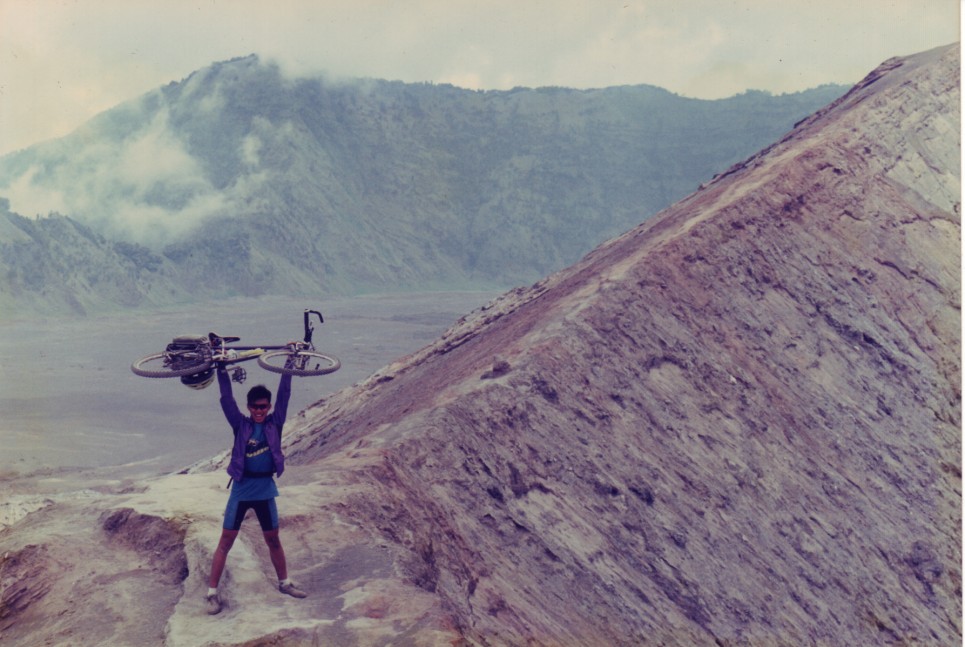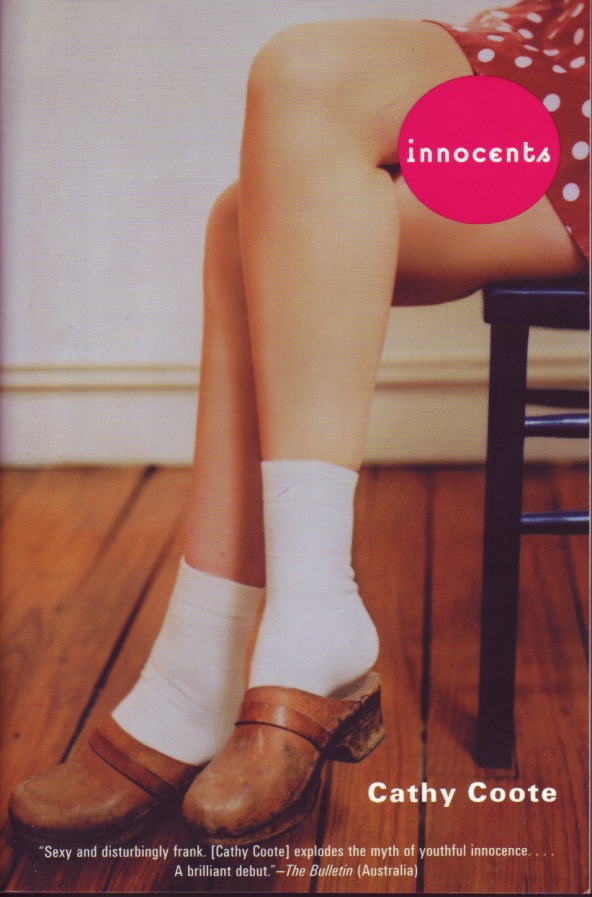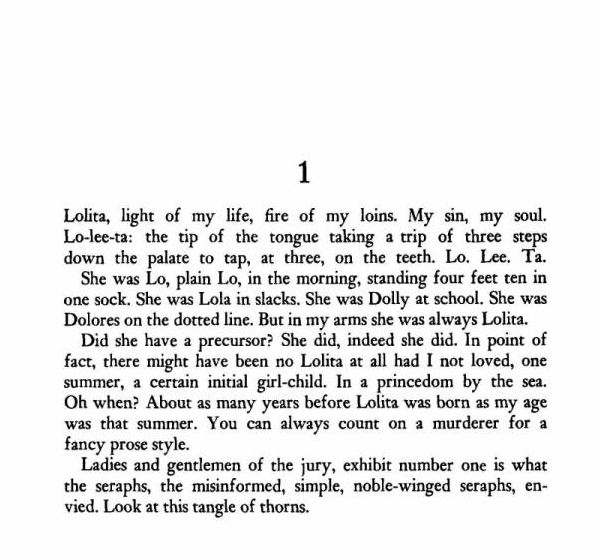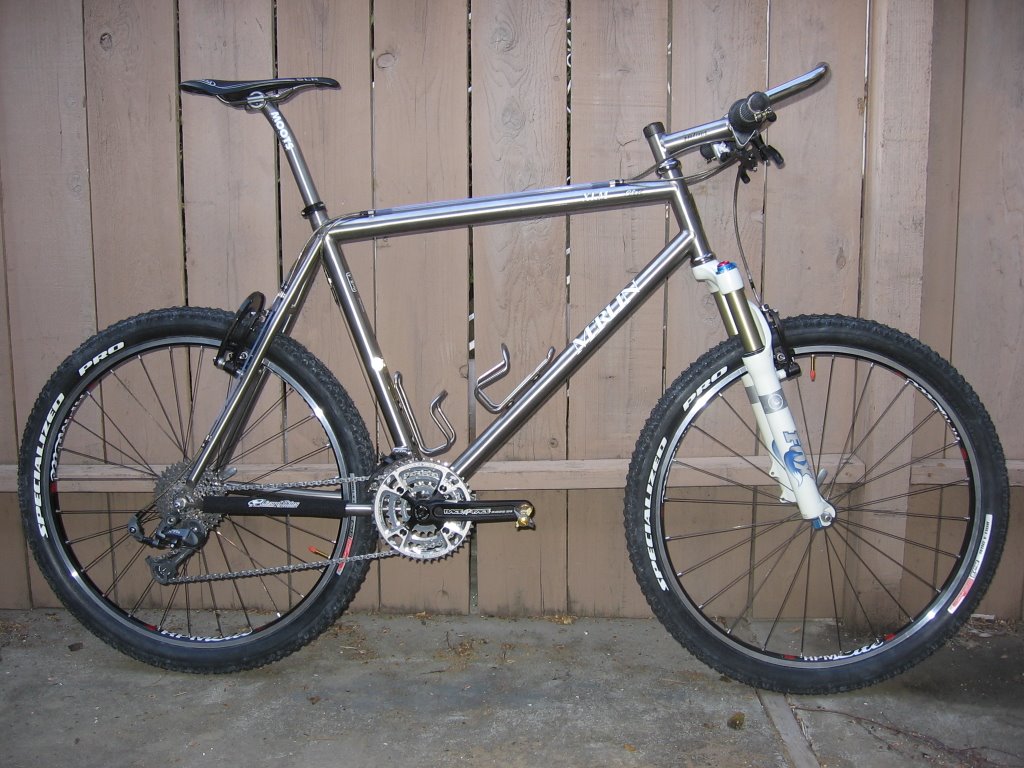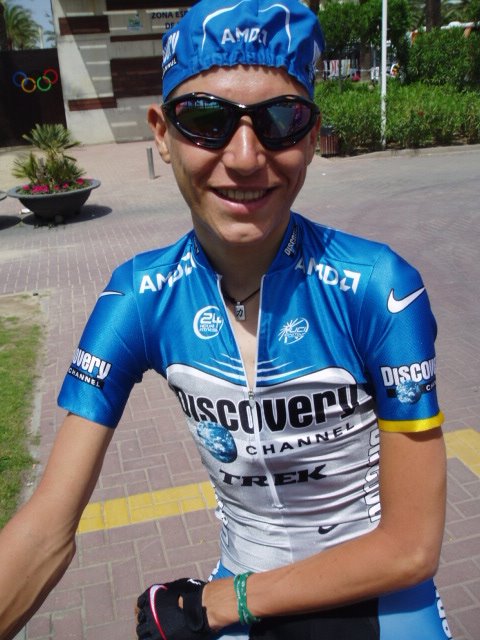When conditions for terrorists are better detained in prison than operating in the field, you know that the administration has gotten its priorities mixed up.
A DEADLY KINDNESS By Richard Miniter
September 15, 2006 -- GUANTANAMO BAY, CUBA
ON the military plane back from America's most famous terrorist holding pen, the in-flight film was "V for Vendetta," a screed that tries to justify terrorism. It was a fitting end to a surreal, military-sponsored trip.
The Pentagon seemed to be hoping to disarm its critics by showing them how well it cares for captured terrorists. The trip was more alarming than disarming. I spent several hours with Rear Adm. Harry B. Harris Jr., who heads the joint task force that houses and interrogates the detainees. (The military isn't allowed to call them "prisoners.")
Harris, a distinguished Navy veteran who was born in Japan and educated at Annapolis and Harvard, is a serious man trying to do a politically impossible job. I spoke with him at length, and with a dozen other officers and guards, and visited three different detention blocks.
The high-minded critics who complain about torture are wrong. We are far too soft on these guys - and, as a result, aren't getting the valuable intelligence we need to save American lives.
The politically correct regulations are unbelievable. Detainees are entitled to a full eight hours sleep and can't be woken up for interrogations. They enjoy three meals and five prayers per day, without interruption. They are entitled to a minimum of two hours of outdoor recreation per day.
Interrogations are limited to four hours, usually running two - and (of course) are interrupted for prayers. One interrogator actually bakes cookies for detainees, while another serves them Subway or McDonald's sandwiches. Both are available on base. (Filet o' Fish is an al Qaeda favorite.)
Interrogations are not video or audio taped, perhaps to preserve detainee privacy.
Call it excessive compassion by a nation devoted to therapy, but it's dangerous. Adm. Harris admitted to me that a multi-cell al Qaeda network has developed in the camp. Military intelligence can't yet identify their leaders, but notes that they have cells for monitoring the movements and identities of guards and doctors, cells dedicated to training, others for making weapons and so on.
And they can make weapons from almost anything. Guards have been attacked with springs taken from inside faucets, broken fluorescent light bulbs and fan blades. Some are more elaborate. "These folks are MacGyvers," Harris said.
Other cells pass messages from leaders in one camp to followers in others. How? Detainees use the envelopes sent to them by their attorneys to pass messages. (Some 1,000 lawyers represent 440 prisoners, all on a
pro bono basis, with more than 18,500 letters in and out of Gitmo in the past year.) Guards are not allowed to look inside these envelopes because of "attorney-client privilege" - even if they know the document inside is an Arabic-language note written by a prisoner to another prisoner and not a letter to or from a lawyer.
That's right: Accidentally or not, American lawyers are helping al Qaeda prisoners continue to plot.
There is little doubt what this note-passing and weapons-making is used for. The military recorded 3,232 incidents of detainee misconduct from July 2005 to August 2006 - an average of more than eight incidents per day. Some are nonviolent, but the tally includes coordinated attacks involving everything from throwing bodily fluids on guards (432 times) to 90 stabbings with homemade knives.
One detainee slashed a doctor who was trying to save his life; the doctors wear body armor to treat their patients.
The kinder we are to terrorists, the harsher we are to their potential victims.
Striking the balance between these two goods (humane treatment, foreknowledge of deadly attacks) is difficult, but the Bush administration seems to lean too far in the direction of the detainees. No expense spared for al Qaeda health care: Some 5,000 dental operations (including teeth cleanings) and 5,000 vaccinations on a total of 550 detainees have been performed since 2002 - all at taxpayer expense. Eyeglasses? 174 pairs handed out. Twenty two detainees have taxpayer-paid prosthetic limbs. And so on.
What if a detainee confesses a weakness (like fear of the dark) to a doctor that might be useful to interrogators, I asked the doctor in charge, would he share that information with them? "My job is not to make interrogations more efficient," he said firmly. He cited doctor-patient privacy. (He also asked that his name not be printed, citing the potential for al Qaeda retaliation.)
Food is strictly halal and averages 4,200 calories per day. (The guards eat the same chow as the detainees, unless they venture to one of the on-base fast-food joints.) Most prisoners have gained weight.
Much has been written about the elaborate and unprecedented appeal process. Detainees have their cases reviewed once a year and get rights roughly equivalent to criminals held in domestic prisons. I asked a military legal adviser: In what previous war were captured enemy combatants eligible for review before the war ended? None, he said.
America has never faced an enemy who has so ruthlessly broken all of the rules of war - yet never has an enemy been treated so well.
Of Gitmo's several camps, military records show that the one with the most lenient rules is the one with the most incidents and vice versa. There is a lesson in this: We should worry less about detainee safety and more about our own.
Some 20 current detainees have direct personal knowledge of the 9/11 attacks and nearly everyone of the current 440 say they would honored to attack America again. Let's take them at their word.
Richard Miniter (
richardminiter.com)
is a bestselling author and adjunct fellow at the Hudson Institute.(
Source)
Many thanks to
Amy for finding this article.
Anyone remember how the
Islamofascists generally treat American captives (many of them non-combatants and civilians)?
Oh yes, they cut their heads off.












